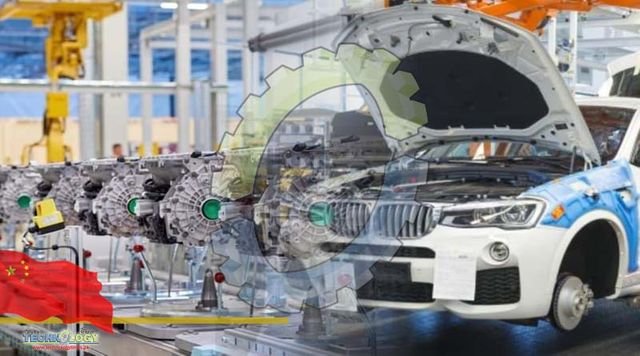China will continue to be the world’s largest new energy vehicle (NEV) market for years to come, said Nicolas Peter, chief financial officer (CFO) and member of the Board of Management of BMW AG, in a recent interview with Xinhua.

“The total NEV market in China is projected to reach around 13 million units in 2025, and more than 25 percent of these would be battery electric vehicles (BEVs). This matches our plan to increase our BEV sales in China to about 25 percent of our total sales by 2025,” he said.
In 2021, NEV sales in China increased by about 170 percent year on year. This momentum continued in the first quarter of 2022, when – despite all the challenges – the Chinese NEV market posted a 140-percent year-on-year growth.
BMW has expanded its electric product portfolio and now offers five BEV models to Chinese customers. By 2023, this number should increase to 13, according to Peter. “Our clear focus is on ramping up electro-mobility,” Peter said.
In the first quarter of this year, the BMW Group increased the sales of fully electric BMW and MINI vehicles worldwide by nearly 150 percent year on year to about 35,300 units. “In China, despite the ongoing challenges of the COVID-19 pandemic, we tripled the sales of our fully electric models in the first quarter of 2022,” Peter noted.
“In 2022, our company plans to double its global sales of pure electric vehicles compared to 2021. We are fully on track to meet our ambitious growth targets,” he said. In the long run, Peter said that his company expects China to remain the largest automobile market in the world. The Chinese government has pledged to adopt new policy measures to increase car sales in the country, Peter recalled.
In 2021, China’s passenger vehicle market posted a year-on-year growth of 4.4 percent. In total, 846,000 BMW and MINI vehicles were delivered to Chinese customers, 8.9 percent more than in 2020, making this a new sales record for the second consecutive year in BMW’s largest single market.
Source: This news is originally published by cgtn
